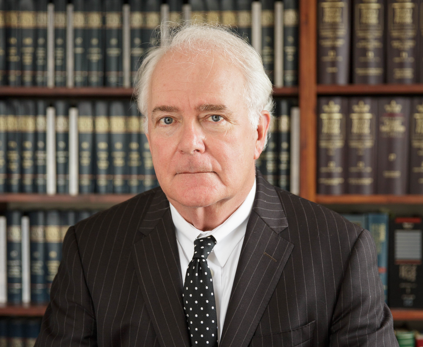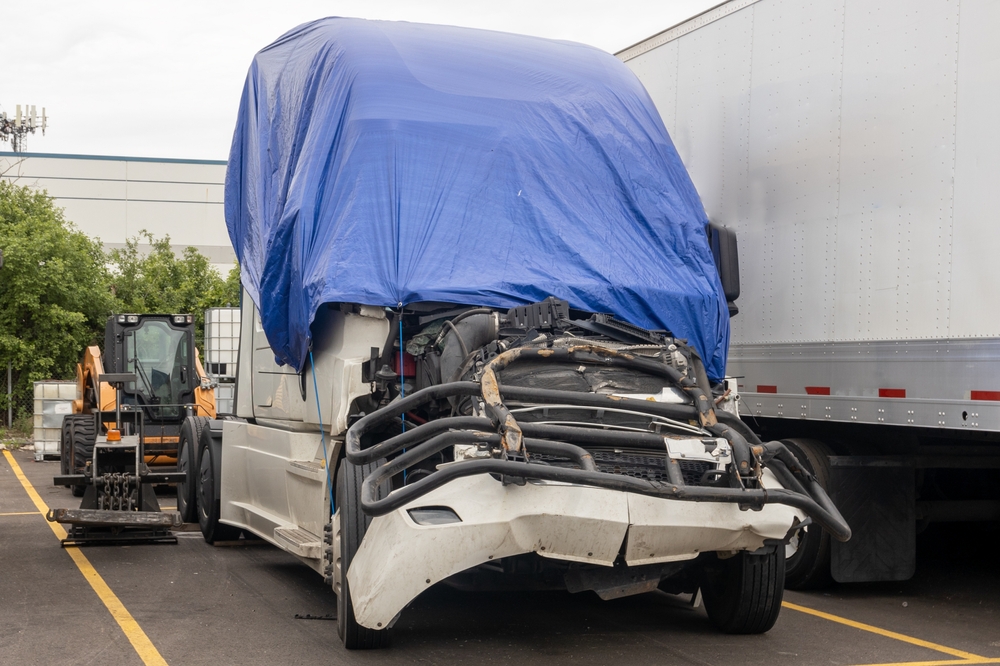Whenever we deal with a case involving the death of a loved one, it is an unfortunate reality that the law only offers monetary compensation. Because of that, many of our questions deal with finances, “value,” and “worth” of a wrongful death claim. It is understandably troubling to folks to talk about a life in this manner. At the same time, in order to provide quality advice to our clients, we are required to discuss the potential results in a trial, which are in monetary terms.
A wrongful death settlement can vary widely in results. As we discussed in a prior blog-post, a personal injury claim is like a three-legged stool. There must be three legs (liability; causation; and damages) for the claim to stand. In a wrongful death claim, there is clear damages. But, sometimes, there is no liability or causation.
Georgia law is clear that simply because a mere accident, without more, is not sufficient to bring a claim. There must be something that the defendant did that violated an applicable standard of care. For example, an Atlanta truck accident attorney, would review whether or not the truck violated a uniform rule of the road. If a rule of the road was not violated and, instead, the decedent caused the accident, then there would not be a recovery in a wrongful death case.
If there is liability, there must also be causation. In the case of a fatal accident, this means that the accident in question actually caused the death. Preexisting, degenerative, and congenital conditions are not typically recoverable. In the case of wrongful death, typically the causation element may be straightforward because the death occurred in close proximity with the accident. There is a classic “law school” example of causation, however, that illustrates that causation may be broken even in a wrongful death case.
Imagine that a person suffered a relatively minor injury in an auto accident. The person was placed in an ambulance. On the way to the hospital, the ambulance was struck by lightning killing the person inside. Because the lightning not the auto accident caused the death, there is no causation. This example is obviously extreme but it illustrates the point that the accident itself must cause the death, not some event or condition unrelated to the accident.
Often there are arguments on both sides of a case, which effect the case’s “value” and resulting settlement.
At our firm, we are experienced fatal accident attorneys based in Atlanta, and we service all of Georgia.









